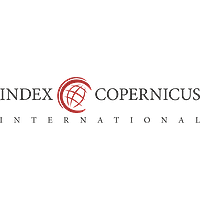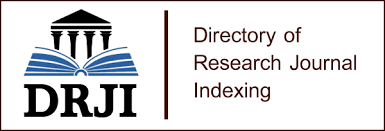ACHIEVEMENTS AND CHALLENGES OF CHINA’S ECONOMIC SOFT POWER IN BANGLADESH: A CRITICAL ASSESSMENT
DOI:
https://doi.org/10.55327/jaash.v11i1.372Abstract
China’s economic engagement gradually increased in Bangladesh. China is the largest trading partner and a vital player in several projects in the country. Therefore, the study of China-Bangladesh relations has appeared with mounting significance. China is using economic soft power under the framework of its Belt and Road Initiative (BRI); while this economic connectivity provided ample advantages for both China and Bangladesh, some growing concerns appeared for Bangladesh that meet a challenge for future collaboration. This study, therefore, investigates the economic soft power of Bangladesh, how much China achieved from its economic engagement in Bangladesh, and what challenges appeared in China-Bangladesh relations, particularly what Bangladesh faces for this engagement. Following a mixed quantitative and qualitative method, this study relies on primary and secondary sources, including published books and articles, recent data and statistics, national and international institutions, expert opinions, and national and international diaries. The study finds that China invests heavily in Bangladesh in several areas, including trade, Foreign Direct Investment (FDI), connectivity, and infrastructural development. China also provided duty-free access to its market in Bangladesh at 98% for some of its products. However, this massive investment and engagement created a fear of economic autonomy, debt trap, political manipulation, and geopolitical pressure for Bangladesh. This study recommends essential steps for Bangladesh to adopt, such as accelerating domestic production, collaborative initiatives, and product source diversification. The findings will contribute to the academic and policy-making processes for stakeholders and governments in both countries.
Downloads
Published
How to Cite
Issue
Section
License
Copyright (c) 2025 Mohammad Shamsul Alom, Md. Khaled Hosen, Elfatih Abdullah Abdus Salam

This work is licensed under a Creative Commons Attribution 4.0 International License.
Copyrights for articles published in Journal of Asian and African Social Science and Humanities are retained by the authors, with first publication rights granted to the journal. The journal/publisher is not responsible for subsequent uses of the work. It is the author's responsibility to bring an infringement action if so desired by the author.
Articles published in Journal of Asian and African Social Science and Humanities are published under the Creative Commons Attribution (CC-BY) license, which permits others to distribute, remix, tweak, and build upon your work as long as they credit you for the original creation.
Â















